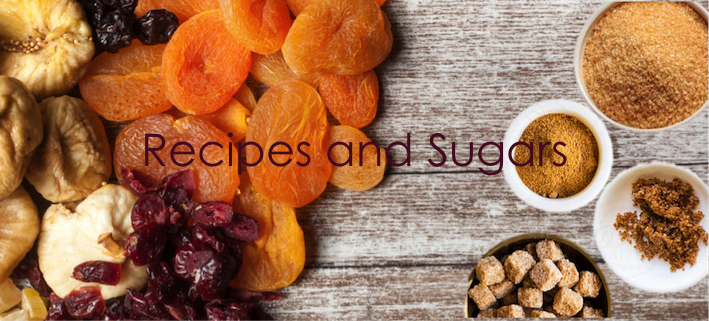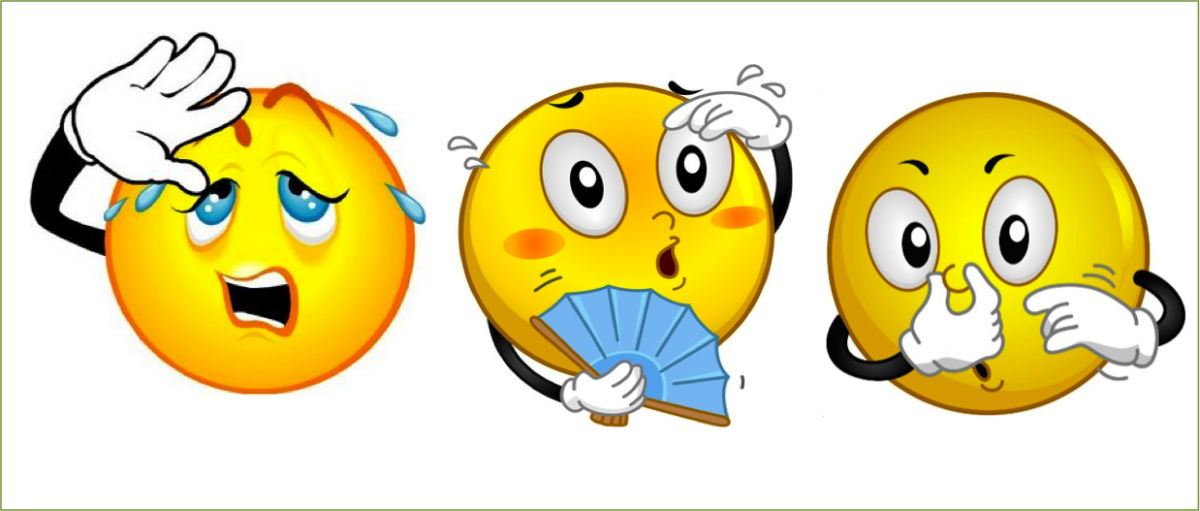Today I am talking about the ‘healthier’ recipes and sugars.
There are many magazines and books available that contain healthy recipes lately. It can be quite a task choosing one that suits your needs. Manufacturers, authors, cafes and restaurants use the term ‘healthy’ very loosely in recent times, as most of us are aware.
Healthy is a buzzword that has been used to describe all sorts of foods.
Focus on Sugar
You may be trying to limit your intake of sugars as part of a healthier diet. Most people would like to think that recipes for ‘health’ foods and snacks would have less sugars and processed ingredients.
The use of dates or other dried fruits has become popular as a way to sweeten cakes, bliss balls and other desserts.
Fresh fruit contains lots of fluid, which fills us up. Dried fruit is stripped of its water content, which then concentrates the sugar. To put this in perspective:
– Half a cup of fresh cranberries contains 2g of sugar. One cup of dried cranberries contains a whopping 37g, or 9 teaspoons.
– One date is over 60 per cent sugar and 30 per cent of this is fructose.
In my experience, including these ingredients in the recipe is instead of adding processed sugars, as they are sweet enough.
Recently I was looking through a free recipe magazine. Of particular interest were some ‘Bliss Ball’ recipes, as it’s always good to get some new ideas. I was always of the belief that these great little snack balls were developed to help people to make better snack choices.
Consequently it is very disappointing to see that these recipes also included brown sugar in the ingredient list.
Less is Best
People are becoming used to cakes and slices being very sweet. It appears that the authors feel that the addition of extra sweeteners is necessary.
It is a scientific fact that sugar is addictive. Therefore the more sugar we eat, the sweeter we want our food to be. It is a vicious circle that leads to certain decline in our health.
That many people are still having issues with weight gain, is not surprising, with these types of recipes being published as a healthier option.
At the end of the day, everyone is looking for his or her own version of a healthy diet. Each of us has different needs and goals.
Our preference is to reduce our sugar intake. Over the past couple of years we have managed to remove added sugars from most of our diet. We have found that over time, the less sugar we consume, the less we crave or can eat.
Till the next post,
Live clean n Prosper



